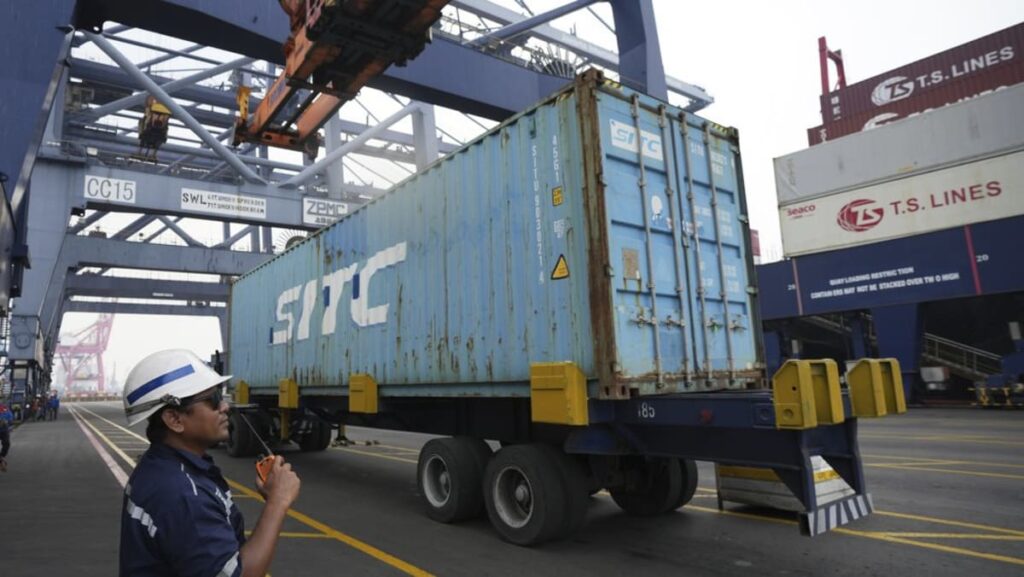JAKARTA: Indonesia should stand firm against the United States’ recent demands to remove a broad suite of trade practices Washington considers unfair, experts said, arguing that some of these policies are needed to protect Southeast Asia’s largest economy’s national interests.
These so-called “trade barriers” were identified in a report by the US Trade Representative (USTR) on Mar 31 detailing factors hindering US companies from entering the Indonesian market.
The 2025 National Trade Estimate (NTE) Report on Foreign Trade Barriers has been used as one of the basis for US President Donald Trump to impose a planned 32 per cent tariff on Indonesian goods.
The USTR is leading the technical negotiations with various countries including Indonesia amid the tariff threat.
Among the barriers mentioned by the report are lax protection of copyright laws, rampant corruption and overly complicated bureaucracy which have been cause for concern for many companies operating in Indonesia, US-owned or otherwise.
However, experts noted that the USTR list includes policies which should not be considered trade barriers.
These include Indonesia’s efforts to develop its own cashless payment system and those which Indonesia needs to protect its own national interests such as import quotas and requirements to have some components produced locally before a product can be sold in Indonesia.
“We need some of these policies to protect our own manufacturing sector, spur investment and to stimulate our economy. It will be unreasonable for Indonesia to meet all these demands (from the US),” Tauhid Ahmad, an economist from Jakarta-based think-tank Institute for Development of Economics and Finance (INDEF) told CNA.
Without these policies, the archipelago could risk losing massive amounts of foreign investment, higher unemployment and even a recession, warn experts.
Over the last two weeks, several senior Indonesian officials have met with their US counterparts at the sideline of an International Monetary Fund and World Bank Group summit in Washington DC, to negotiate the proposed 32 per cent tariffs the US wants to impose on Indonesia.
These tariffs have been put on hold for 90 days since Apr 9, along with other “reciprocal” tariffs on imports from almost 60 countries. The 10 per cent baseline tariff on all countries is still in place.
Coordinating minister for economy, Airlangga Hartarto who led the Indonesian delegation, said that Indonesia is willing to negotiate these trade barriers on top of buying billions of dollars worth of US products, in exchange for a lower tariff.
“In principle, what Indonesia is offering … is appreciated by America,” Airlangga told reporters on Monday. The minister refused to elaborate further but promised that any agreement between the two countries would be a “win-win solution”.

